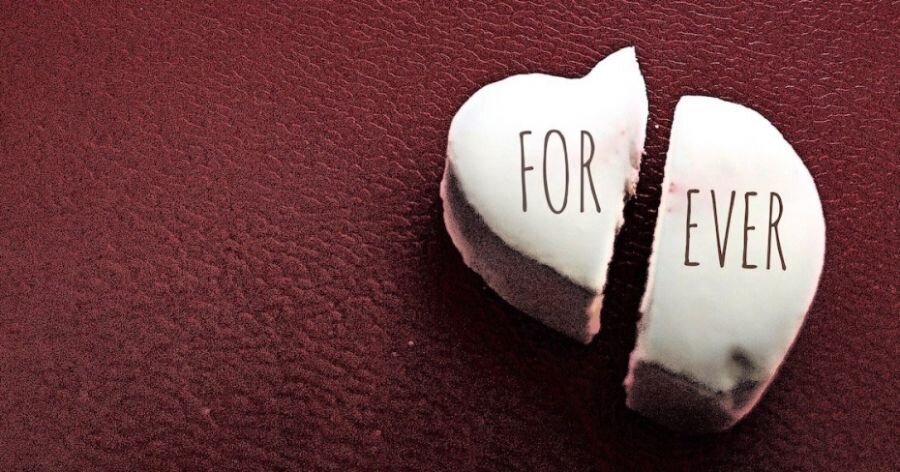I ditched my bank for a new one and you can too
By: Lisa Coxon on March 28, 2018
“Wait. How do you even switch banks?” my friend asked me recently at the gym. In between our planks and lunges, I’d blabbed on for the last 40 minutes about how I was in the process of switching banks when it dawned on her that, well, it’d never really dawned on her before.
See, for those of us nearing our thirties, chances are good that we’ve been with the same bank since our early teens—when our parents made us open an account (likely with their same bank, because why not?) after we got our first part-time job. And that’s probably the last we ever thought about it.
Today, I begrudgingly pay around $15.95 a month just to have that same chequing account. And while there’s no shortage of no-fee online banks out there that I could switch to, I’m the kinda gal who just feels more secure when there’s a physical branch to drop in at whenever the mood should strike. But let’s face it: paying $15.95 a month—and getting no real perks—sucks.
That’s why I decided to bid farewell to my bank and start a new life with a different one. Unfortunately, this new bank would charge me the same monthly fee, but it boasted attractive savings programs, debit cash-back features, and cash incentives just for opening an account. So, I made the switch. Here’s what I learned.
Talk to someone at the bank before you do anything
Opening new accounts online is enticing. You eliminate the hassle of dragging your broke butt into an actual branch, and you capitalize on cash incentives for new customers who open their account online. But here’s the thing: I wouldn’t have had the first clue about how to approach this switch if I hadn’t talked to someone first. And anyway, the same introductory offers you see promoted online are often still available to people who opt to open an account in person.
So, I met with a financial advisor at my new bank and came prepared with a whole whack of questions: When should I close my old accounts? How will I make payments on the debt I have with my former bank and is there a fee for that? I wanted to know if I was doing things in the right order, and talking to my advisor made the process smooth.
But don’t be intimidated by the fancy title: a lot of financial advisors at banks are actually salespeople.
Advisors (with an ‘o’) are super knowledgeable about the bank’s products and how to set up an account. Plus, their advice doesn’t cost anything. But they’re not financial advisers (with an ‘e’): financial professionals with a different set of accreditations who also have a legal obligation to give you advice that’s in your best interest, no one else’s. Something to keep in mind if the rep tries to upsell you on a slew of products you didn’t intend on getting.
Take stock of all your automatic deposits and withdrawals
Never is it more important to know the comings and goings of your money than when you’re switching banks. One of the first things I did was comb through my transaction history and make a list of all the people and businesses that put money into, and take money out of, my account—and when they do it. That list included my employer, my landlord, my gym, the government (hey, I’m not going to give up that whopping $42-dollar Ontario sales tax credit until they make me), and any freelance clients who pay me via direct deposit. Then, I began notifying these places, one by one, of my new account information.
A debt transfer might not be in your best interest
It’s true that debt follows you wherever you go, but in the context of switching banks, it’s not always prudent to transfer your debt because you might have received preferred rates with your old bank that wouldn’t apply at your new one. For example, I still have a student line of credit, a personal line of credit, and a Mastercard with my old bank.
I was told it’s best to add that existing debt as a “bill” that you pay every month from your new bank. Similarly, make sure your old debt is paid off before you apply for a credit card with your new bank. If you don’t wait, New Bank will see that you have outstanding debt with Old Bank, and your potential credit limit will be a lot lower.
Note: I also learned that in order to keep access to my old online banking, so that I can, y’know, still see my debt balance (kind of important), I had to leave a no-fee savings account open with my former bank.
Keep some money in your old accounts until the switch is finalized
Just to make sure the well didn’t totally run dry, I held back a small amount in my old chequing account in case some of my pre-authorized payees didn’t receive my new account information or didn’t apply the change in time (or at all). Plus, you’ll feel kind of bougie when you can say, “Oh, I’ve got my money in a few different places right now.” (No one has to know it’s only $100.)
Transferring your money into your new accounts isn’t that complicated
When I started this process, I thought there would be a lot of paperwork and Super Official bank-to-bank wire transfers to get my money from my old account into my new one. Not the case. Turns out, it’s actually just as easy as sending yourself an Interac e-transfer, and depositing that money into your new bank account(s).
Closing your old accounts should be the very last thing you do
One of the most valuable pieces of advice I got was not to prematurely close my accounts at my soon-to-be old bank. If you’re on an automatic payroll, wait until your next deposit goes into your new account. And wait until you’re confident that all relevant people and places have also made the switch to your new account number. Yes, that might even mean waiting on hold for 30 minutes with the CRA just to be certain the next $42-instalment is coming to the right place.
Your bank might not even care that you’re leaving
At least mine sure didn’t. Banks, I learned, aren’t like cell phone companies. If you tell them you’re taking your business elsewhere and want to close down your accounts, don’t assume they’ll fight for you. Mine didn’t even ask why I was ending our long-term relationship. Now I’m fully prepared to accept that this has something to do with the fact that I wasn’t exactly giving them a whole lot to be excited about in terms of my account balance (let’s not) or my investments (see: none), but still…. We spent 13 blissful years together. Does that mean nothing to them?!
Whether my old bank will miss me or not, I still think I’m the one who came out on top. Switching banks left me feeling way more in control of my money than I think I ever have. It forced me to dig deep into my finances and find out exactly who’s taking my money on a regular basis, and how much of it I’m hanging onto for myself. To me, that’s worth more than a teary-eyed teller begging me to stay.


